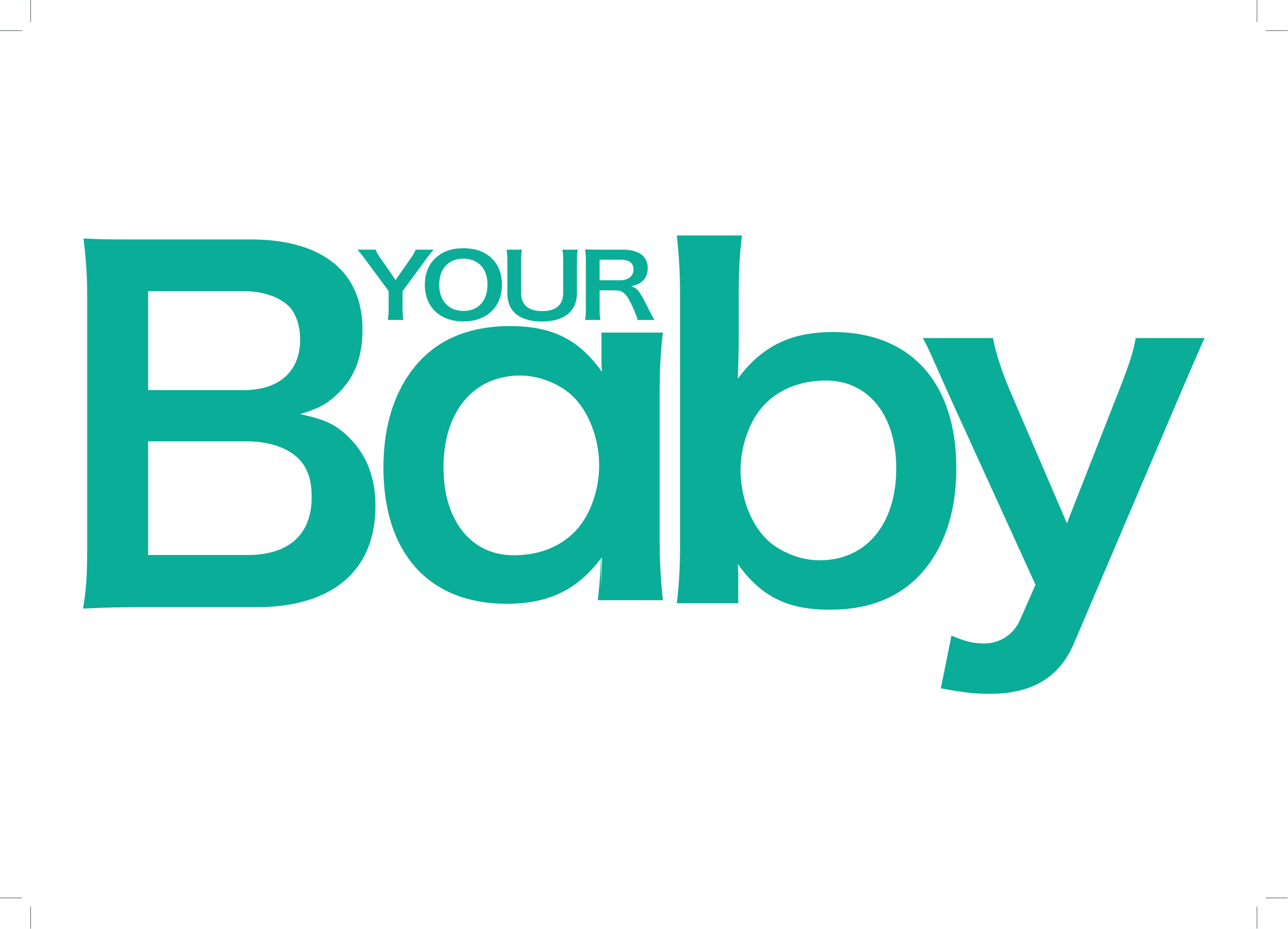
While it is important to be aware if your baby is missing significant milestones, remember that perfectly healthy babies develop at their own pace, weeks and sometimes even months apart, so it is not useful to compare your baby’s progress with that of other babies.
If you do suspect that your baby’s development is delayed, consult your doctor who will refer you to a paediatric physiotherapist or occupational therapist for assessment.
Tummy time
The emphasis on trying to prevent SIDS (cot death) by putting babies to sleep exclusively on their backs has meant that many babies now have to be actively encouraged to do tummy time, and are not as strong as they should be at pushing themselves up onto their arms or other early preparations for crawling.
At 3 to 4 months of age, most babies are able to lie on their tummies and use their elbows to raise their chests, and can hold up their heads when held upright.
Rolling
From around 4 months of age your baby starts rolling from back to side, and from side to back. By around 6 months she will probably be able to roll well from back to front and from front to back (a more difficult manoeuvre to master).
Also by about 6 months, she may pivot her whole body when lying on the floor. You can encourage her by putting a toy just out of reach on one side and giving her a supporting hand on her shoulder and thigh as she starts to go over.
Standing
At 4 months a baby can usually pull up her upper body when her hands are held. She can probably sit up with support. By 5 months she will use her hands to prop herself up when she’s sitting and by 6 months should bounce when held in a standing position.
These are early signs of your baby strengthening her muscles in preparation for walking.
Sitting
Your baby may be able to sit unsupported for a short time at about 6 months. By about 8 months she can probably sit unsupported for about 10 minutes. To learn to sit by herself, your baby needs to master balance as well as build strength in her abdominal muscles. Help her by propping her up safely with cushions on the floor, but don’t try to force sitting too soon.
Crawling
From about 6 months onwards your baby may start to crawl. Encourage her by looping a towel around her tummy, gently lifting up the ends, giving her some traction at her feet and putting something bright in front to encourage her to move forward.
Once your baby has started crawling, it is vital to baby-proof your house. Dress her in sturdy crawling clothes that protect her knees and don’t bunch up around her.
Some babies don’t want to crawl and if left to their own devices do their best to skip this stage of development. Crawling is important though, for developing crossing-the-midline skills (co-ordinating opposite arms and legs) and strengthening the back muscles. Rolling is also important because it helps your baby to learn to crawl.
Cruising
Cruising is when your baby starts to walks by herself – generally moving sideways – while holding on to furniture and other objects. You can look for this from about 9 or 10 months onwards. She will be able to pull herself up into a standing position and sit down again by herself.
Walking
From about 11 months most babies will walk if you hold both of their hands. A few walk with just one hand, but don’t rush her. Let her practise walking barefoot so she gets used to the surface underneath and won’t slip. If it’s too cold for bare feet, put on soft shoes with a non-slippery sole. By 15 months, most babies are walking independently and it becomes ever-more important to baby-proof your home.




 Publications
Publications
 Partners
Partners










